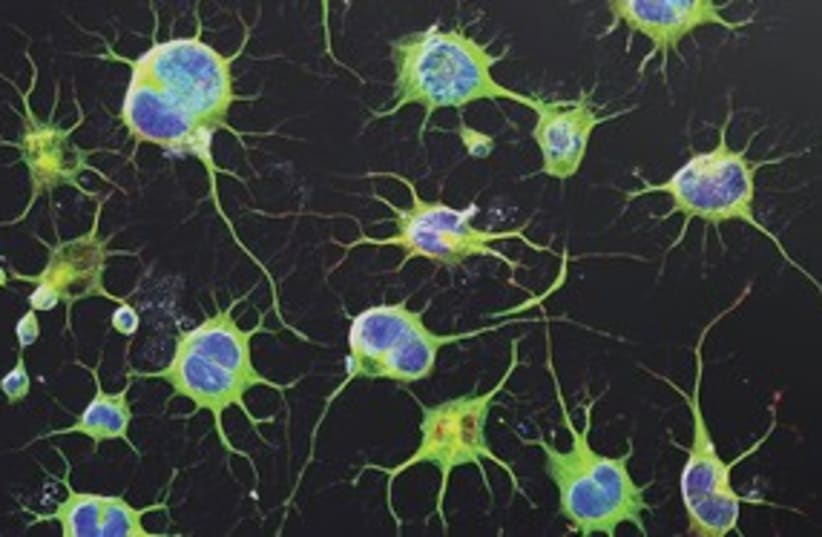RELATED:Healthy Eating: True or false? Find out the real story Just when you though it was safe to eat fish As perhaps a sort of bonus for having endured centuries of gove r n m e n t - enforced isolation, Ashkenazi Jews tended to marry and procreate with one another, creating a comparatively homogeneous genetic population in possession of a “longevity gene.” This gene can protect from cancer, heart attacks and other fatal diseases.The variants in genes can regulate a chemical called insulin-like growth factor 1, also known as IGF-1. The chemical is involved in childhood growth as well as the growth and use of energy in cells throughout the body. Carriers capable of regulating IGF-1 seem more likely to live to 100, and more likely to be short, a trait they pass on to their daughters.Scientists speculate that one element to this longevity gene might have a stem cell base.The team will extract stem cells from the elderly participants, and then put the engineered cells into stress tests, comparing them with cells from people whose population’s average life span is shorter.
How do Ashkenazim live long, despite bad eating habits?
A study by NY’s Cornell Medical College seeks to determine, through stem cell research, what allows many Ashkenazi Jews to live long lives.

RELATED:Healthy Eating: True or false? Find out the real story Just when you though it was safe to eat fish As perhaps a sort of bonus for having endured centuries of gove r n m e n t - enforced isolation, Ashkenazi Jews tended to marry and procreate with one another, creating a comparatively homogeneous genetic population in possession of a “longevity gene.” This gene can protect from cancer, heart attacks and other fatal diseases.The variants in genes can regulate a chemical called insulin-like growth factor 1, also known as IGF-1. The chemical is involved in childhood growth as well as the growth and use of energy in cells throughout the body. Carriers capable of regulating IGF-1 seem more likely to live to 100, and more likely to be short, a trait they pass on to their daughters.Scientists speculate that one element to this longevity gene might have a stem cell base.The team will extract stem cells from the elderly participants, and then put the engineered cells into stress tests, comparing them with cells from people whose population’s average life span is shorter.